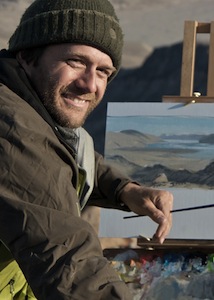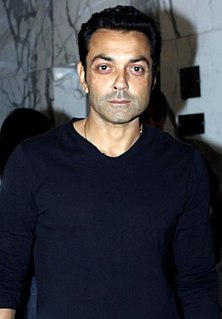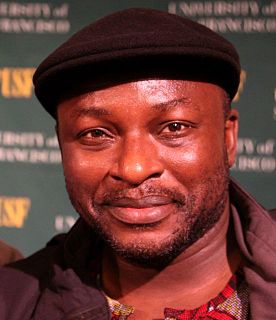A Quote by Jean-Claude Carriere
The dream of a writer is to be surprised by his characters. All of a sudden, they are living their own lives; they are not prisoners anymore. . . . Tati taught me how to observe, how to sit in a cafe in Paris and to look at the passersby and to guess what their story is, even a little moment of their story.
Related Quotes
As I look back on my fondness for the outdoors, and specifically the elements in nature that I find visually stimulating, I am surprised at how often the theme of dead trees arise. I guess it's that each one seems to have a story of its own, representing many years of living through everything that nature could throw at them.
Before I begin a novel I have a strong sense of at least one central character and how the story begins, and a more vague sense of where things may wind up, but at some point, if the novel is any good at all, the story and characters take on lives of their own and take over the book, and the writer has to be open to that.
One of the ways in which writers most show their inventiveness is in the things they tell us about how they write. Generally speaking, I don't like to make a plan before I've written a story. I find it kills the story - deadens it, makes it uninteresting. Unless I'm surprised by something in a story, the reader's not going to be surprised either.
In film, you have to present everything on the screen so it's the opposite of what I usually do with storytelling. It forced me to think about how people walk, where they sit at that moment. With Princess of Nebraska, it was just fun to watch because the movie was so far from the story. It was very much a different story.
The ‘experimental’ writer, then, is simply following the story’s commands to the best of his human ability. The writer is not the story, the story is the story. See? Sometimes this is very hard to accept and sometimes too easy. On the one hand, there’s the writer who can’t face his fate: that the telling of a story has nothing at all to do with him; on the other hand, there’s the one who faces it too well: that the telling of the story has nothing at all to do with him
I don't wonder anymore what I'll tell God when I go to heaven when we sit in the chairs under the tree, outside the city........I'll tell these things to God, and he'll laugh, I think and he'll remind me of the parts I forgot, the parts that were his favorite. We'll sit and remember my story together, and then he'll stand and put his arms around me and say, "well done," and that he liked my story. And my soul won't be thirsty anymore. Finally he'll turn and we'll walk toward the city, a city he will have spoken into existence a city built in a place where once there'd been nothing.
He thought about the story his daughter was living and the role she was playing inside that story. He realized he hadn't provided a better role for his daughter. He hadn't mapped out a story for his family. And so his daughter had chosen another story, a story in which she was wanted, even if she was only being used. In the absence of a family story, she'd chosen a story in which there was risk and adventure, rebellion and independence.






































